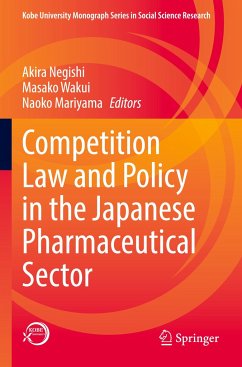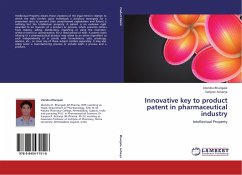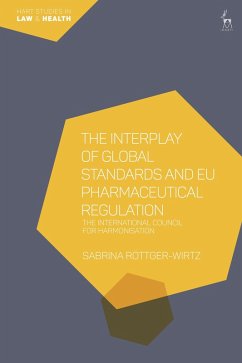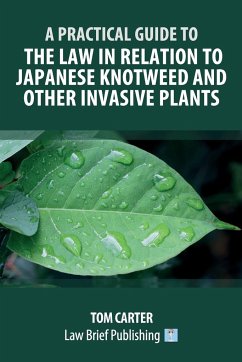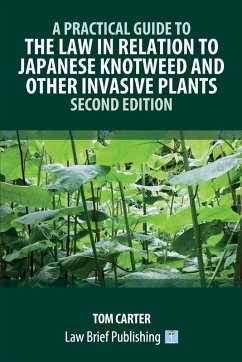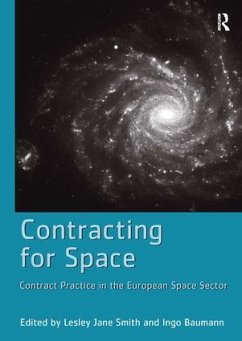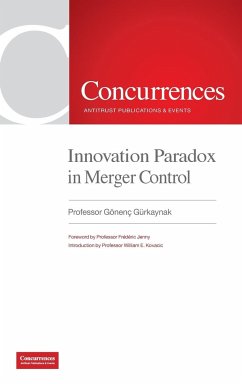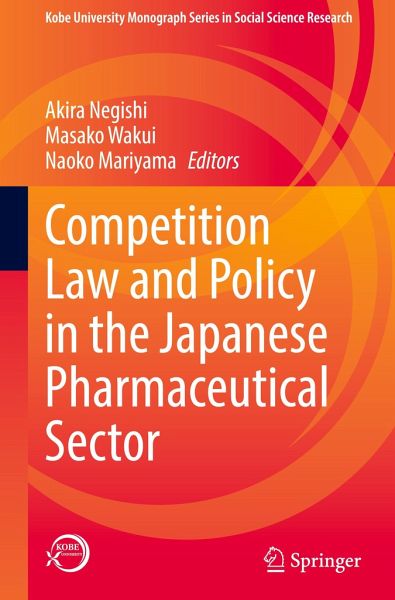
Competition Law and Policy in the Japanese Pharmaceutical Sector

PAYBACK Punkte
53 °P sammeln!
This is the first book published that focuses on competition law and policy in the Japanese pharmaceutical sector. It consists of chapters written and edited by academics who research the industry from various perspectives, including economics, competition law, pharmaceutical regulations, and intellectual property law.Competition policies involving pharmaceutical products attract attention from academics and policymakers worldwide. The pharmaceutical industry is regulated by drug laws that vary from country to country and are affected by differing practices and industrial structures. The book ...
This is the first book published that focuses on competition law and policy in the Japanese pharmaceutical sector. It consists of chapters written and edited by academics who research the industry from various perspectives, including economics, competition law, pharmaceutical regulations, and intellectual property law.
Competition policies involving pharmaceutical products attract attention from academics and policymakers worldwide. The pharmaceutical industry is regulated by drug laws that vary from country to country and are affected by differing practices and industrial structures. The book begins by examining drug regulations and trade practices in the industry that are peculiar to Japan and its healthcare system. It then presents the Japanese Antimonopoly Act and cases involving it, and discussions of current competition law issues in the Japanese pharmaceutical industry. The book also discusses innovation and intellectual property and economic analyses of pharmaceutical regulations and drug discovery. The chapters include comparative studies on Japanese regulations vs. those in the European Union and the United States.
Japan is one of the biggest pharmaceutical markets in the world. With this in mind, the book provides "one-stop shopping" for anyone interested in pharmaceutical regulations in the country. Covering the basics but extending to in-depth explorations of complex problems, this book appeals not only to students and academics, pharmaceutical companies and regulators, but also to those dealing with real-world policy issues that encompass competition policy, intellectual property, and pharmaceutical regulation.
Chapter 11 is available open access under a Creative Commons Attribution 4.0 International License via link.springer.com
Competition policies involving pharmaceutical products attract attention from academics and policymakers worldwide. The pharmaceutical industry is regulated by drug laws that vary from country to country and are affected by differing practices and industrial structures. The book begins by examining drug regulations and trade practices in the industry that are peculiar to Japan and its healthcare system. It then presents the Japanese Antimonopoly Act and cases involving it, and discussions of current competition law issues in the Japanese pharmaceutical industry. The book also discusses innovation and intellectual property and economic analyses of pharmaceutical regulations and drug discovery. The chapters include comparative studies on Japanese regulations vs. those in the European Union and the United States.
Japan is one of the biggest pharmaceutical markets in the world. With this in mind, the book provides "one-stop shopping" for anyone interested in pharmaceutical regulations in the country. Covering the basics but extending to in-depth explorations of complex problems, this book appeals not only to students and academics, pharmaceutical companies and regulators, but also to those dealing with real-world policy issues that encompass competition policy, intellectual property, and pharmaceutical regulation.
Chapter 11 is available open access under a Creative Commons Attribution 4.0 International License via link.springer.com



